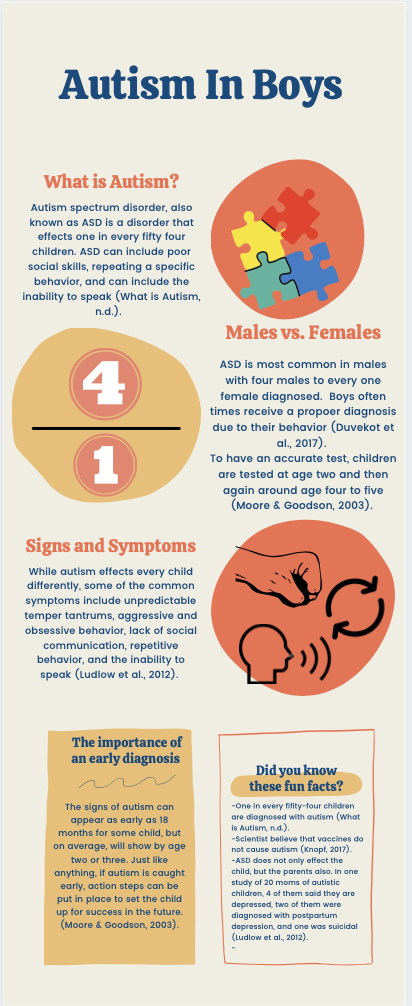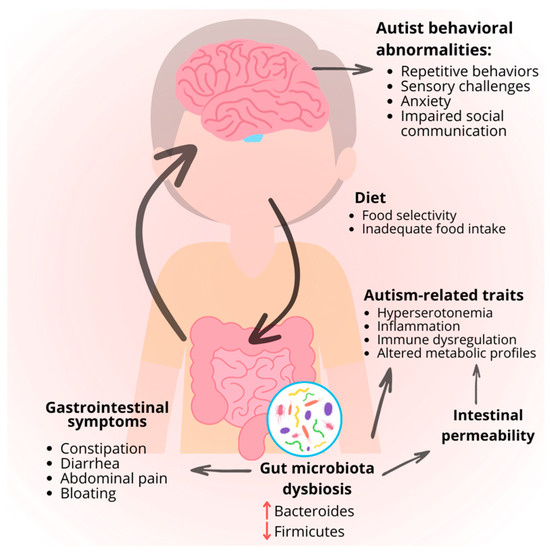Secret Indications and Signs And Symptoms to Recognize in People With Behavior Autism
When you encounter someone with behavioral autism, recognizing key indicators and signs and symptoms is crucial. You could see obstacles in social communications and interaction, in addition to a strong requirement for routines. Additionally, sensory level of sensitivities can bring about frustrating experiences. Recognizing these attributes can boost your assistance and interventions, however there's more to uncover about just how these habits materialize in everyday situations. Allow's discover what these indications really look like.
Obstacles in Social Interactions
When you connect with someone on the autism range, you might observe they struggle with social hints and interaction. These difficulties can make social communications feel overwhelming for them.
When they do involve, they could talk about their interests in excellent information without noticing if you're interested. Understanding these challenges can help you approach interactions with empathy and persistence, promoting a much more comfortable atmosphere for both of you.
Trouble With Verbal and Non-Verbal Interaction

Non-verbal communication can be also a lot more challenging. You could see an absence of eye contact or minimal use of gestures, which can make communications feel awkward. Faces may not constantly align with the discussion, leading to complication about their sensations. Recognizing these indicators is necessary, as it assists you far better assistance and engage with people on the autism spectrum. By recognizing their interaction challenges, you can foster more purposeful links and provide an extra supportive environment.
Repetitive Actions and Routines
Communication difficulties often go along with various other indicators of autism, such as recurring behaviors and a strong preference for routines. You might discover that people with autism usually engage in particular, repetitive activities, like hand-flapping, shaking, or repeating phrases. These habits can give comfort and a sense of control in an often frustrating globe.
Regimens are just as vital; several people grow when they follow a structured schedule. You may find that modifications to these regimens can cause substantial distress. If they have an everyday routine of eating breakfast at a certain time or following a specific course to institution, any interruption can create stress and anxiety.
Recognizing these patterns aids you comprehend their behavior and give support. By fitting their demand for routine and enabling repeated actions, you can produce a more comfy atmosphere that eases their obstacles.
Sensory Sensitivities

Common Sensory Triggers
Sensory level of sensitivities can significantly impact every day life for individuals with autism, as specific stimulations commonly trigger frustrating reactions. Typical sensory triggers consist of loud noises, intense lights, and strong smells. You could discover that abrupt sounds, like alarms or alarms, create stress and anxiety or distress. Fluorescent illumination in shops can really feel awkward and severe. Appearances can also play a considerable function; harsh materials or certain food textures might be intolerable for you. Additionally, crowded places can bewilder your detects, making it hard to focus or unwind. Understanding these triggers can assist you manage your atmosphere better. By knowing what influences you, you can take actions to decrease pain and boost your day-to-day experiences.
Behavioral Reactions Discussed
Comprehending your behavioral reactions to sensory level of sensitivities is essential, as they frequently disclose just how you connect with the world. You might see that particular audios, lights, or structures overwhelm you, leading to anxiousness or discomfort. When faced with these stimuli, you could take out, cover your ears, or even respond boldy. These actions aren't just traits; they're your means of coping with overstimulation. You may likewise discover yourself seeking particular sensory experiences, like deep stress or peaceful settings, to aid ground yourself. Recognizing these patterns assists you recognize your requirements far better and can assist just how you communicate them to others. By recognizing your sensory sensitivities, you can work towards developing an atmosphere that feels a lot more manageable and comfy for you.
Coping Approaches Overview
Identifying your sensory level of sensitivities is simply the initial action; currently it's time to discover coping approaches that can aid you take care of those experiences properly. Begin by producing a sensory toolkit tailored to your needs. Establishing a structured regimen can additionally give predictability, lowering anxiousness around sensory overload.
Limited Rate Of Interests and Focus
While numerous individuals create a vast array of passions, those with autism often demonstrate restricted interests and an intense concentrate on details subjects. You could observe that a site web person with autism can spend hours delving into their favored topic, whether it's a specific kind of train, a details motion picture, or a scientific principle. This intense emphasis isn't simply a hobby; it can come to be a central part of their identification and social communications.
You might find that conversations revolve around these passions, and they may have a hard time to involve in broader topics. By comprehending and recognizing these restricted interests, you can promote an encouraging environment where they feel valued and comprehended, permitting for even more meaningful connections and interactions.
Psychological Guideline Troubles
Individuals with autism typically deal with difficulties in emotional policy, which can be influenced by their intense concentrate on specific passions. You could see that when a person is deeply involved in a favored activity, they can experience strong emotions, whether exhilaration or frustration. This intensity sometimes makes it hard for them to change gears or handle their sensations when things don't go as intended.

Variability in Developmental Landmarks
When it comes to developmental milestones, you'll notice that individuals with autism frequently show a broad variety of variability. You may see a kid stand out in language abilities however struggle with social interactions.
It's vital to identify that each person's journey is distinct. Some may why not check here develop complex abilities early, just to deal with difficulties in the future. Others may take longer to accomplish fundamental milestones but then thrive in specific areas. Observing these patterns can help you recognize their toughness and requires much better.
Frequently Asked Questions
Exactly How Is Autism Identified in Kid and Grownups?
To detect autism in kids and adults, specialists examine actions, interaction skills, and social interactions. If an individual fulfills the criteria for autism range disorder., they often utilize standardized tests, meetings, and monitorings to determine.
Are There Different Sorts Of Autism Range Disorders?
Yes, there are different sorts of autism range problems, including Asperger's syndrome and pervasive developing disorder-not or else defined. Each kind differs in extent and qualities, so understanding these differences can help you better assistance people with autism.
What Therapies Work for People With Autism?
When thinking about reliable therapies for individuals with autism, you'll locate options like Applied Habits Evaluation, speech treatment, and work treatment. Each strategy can help More hints enhance interaction, social skills, and everyday operating tailored to individual requirements.
Can People With Autism Lead Independent Lives?
Yes, people with autism can lead independent lives. With the ideal assistance, abilities training, and resources, you can help them establish self-sufficiency, handle day-to-day jobs, and thrive in different settings, cultivating their independence.
Exactly How Can Households Assistance Loved Ones With Autism?
You can support your liked ones with autism by producing an organized setting, urging their interests, exercising perseverance, fostering communication, and promoting social abilities. Commemorate their achievements, despite just how small, and construct a helpful community.
Although numerous people on the autism range can use and comprehend language, they frequently deal with considerable difficulties with both non-verbal and spoken communication. Recognizing these signs is important, as it helps you better support and involve with people on the autism spectrum. You might notice that people with autism usually involve in certain, repeated actions, like hand-flapping, shaking, or duplicating phrases.Sensory sensitivities can considerably impact everyday life for individuals with autism, as particular stimulations commonly activate overwhelming reactions.When it comes to developing landmarks, you'll see that people with autism commonly show a broad range of irregularity.